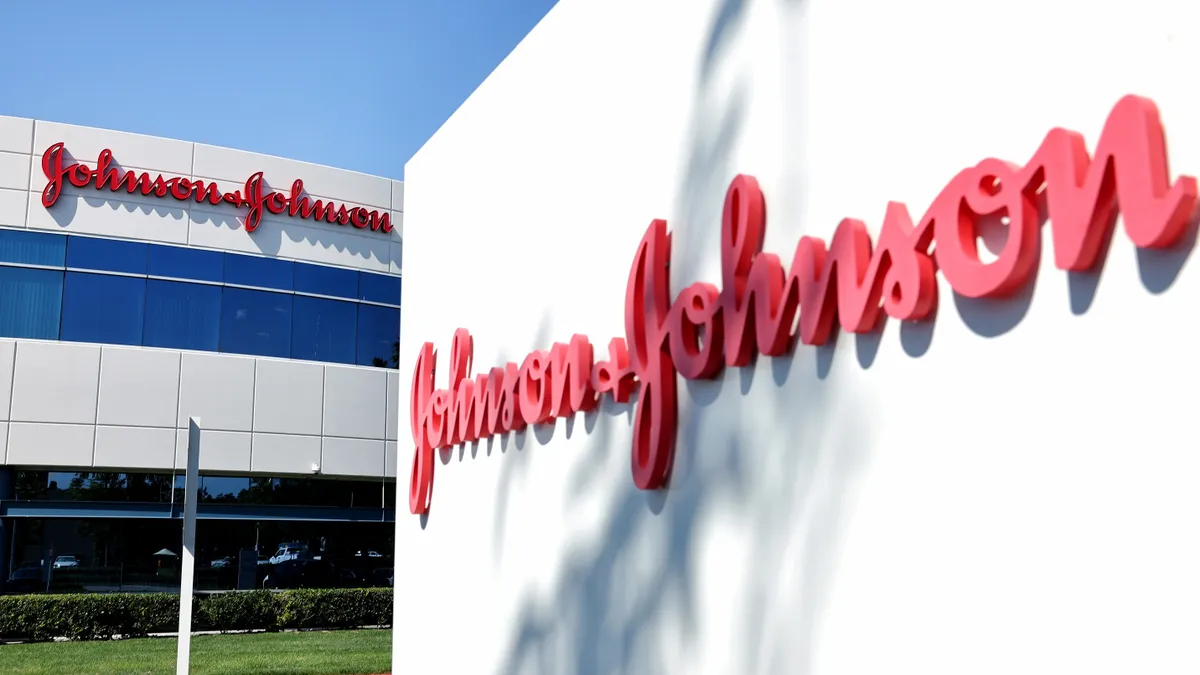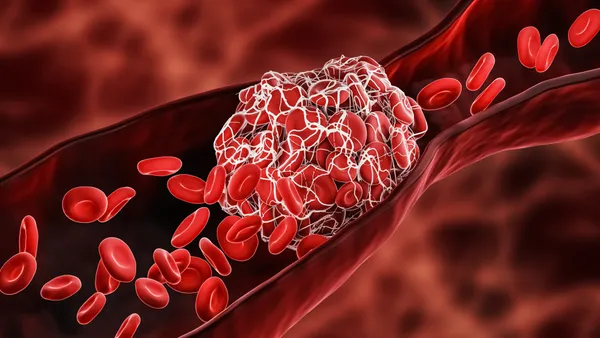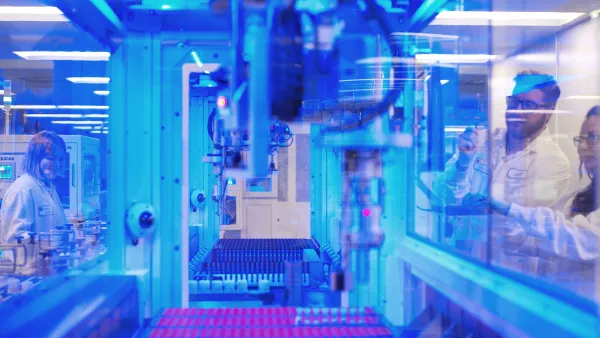Dive Brief:
-
Shares in Exact Sciences fell 10% on Monday, after discovery of CMS-requested research that concluded Exact's Cologuard colorectal cancer screening test is "less effective and considerably more costly" than alternatives.
-
Madison, Wisconsin-based Exact attempted to quell the concern in a Tuesday release, defending the cost-effectiveness of the test and questioning what they called "unrealistic assumptions" undergirding the research.
-
The Cowen analysts, while acknowledging the uncertainty created by the research, downplayed the likely impact of the data on the basis that the cost-effectiveness model is in keeping with earlier publications that failed to derail Cologuard.
Dive Insight:
The headline findings are negative for Exact and Cologuard, a multi-target stool DNA test (mtSDNA).
"At its current reimbursement rate, triennial mtSDNA testing also has higher costs than all other strategies, making it an inefficient screening option," the authors of the paper published in PLOS ONE on Sept. 4 wrote.
That conclusion is particularly concerning given the story behind the research.
CMS asked MITRE Corporation to analyze the screening of Medicare enrollees using mtSDNA tests. MITRE commissioned investigators at the Cancer Intervention and Surveillance Modeling Network to carry out the research into the cost-effectiveness of Cologuard.
CMS cleared coverage for Cologuard in 2014 for those at average risk at a reimbursement of about $500 per test.
The situation is further complicated by the timing of the publication. The U.S. Preventive Services Task Force is currently reviewing its position on colorectal cancer screening, raising the prospect of the research paper influencing its position.
"The bottom line is that we aren't sure what to make of this. We don't know why CMS commissioned it, and we don't know what this conclusion could lead to as part of the pending USPSTF process," the Cowen analysts wrote in a note to investors.
Exact, in its statement Tuesday, pointed to the task force's 2016 assessment listing the test among those getting an "A" rating.
"Exact believes that the Naber analysis and other analyses that utilize the CISNET models understates Cologuard's value proposition, by employing unrealistic assumptions, such as adherence rates (i.e., 100% adherence, or relative adherence over a fairly narrow range) for screening, follow-up and surveillance procedures," the release also said.
"This academic approach is not reflective of clinical practice. In order to overcome these limitations, it is recommended that Naber and others utilizing CISNET models for analysis incorporate more accurate real-world data regarding adherence rates."
Cowen analysts downplayed the significant of the latest research.
None of the PLOS ONE paper "is really all that new relative to prior modeling" that was used to assess the value of Cologuard around the time of the previous USPSTF assessment, they wrote.
USPSTF published a research plan for its latest assessment earlier this year but is yet to complete the review or provide updated recommendations on colorectal cancer screening.











